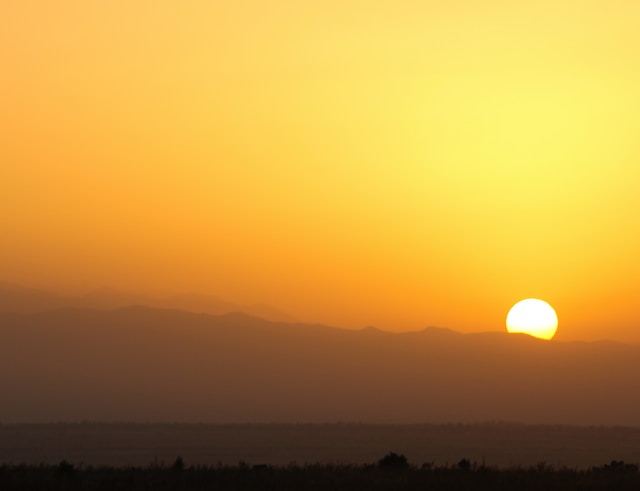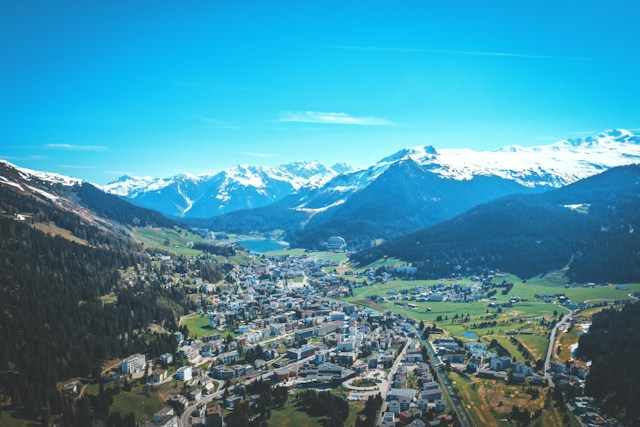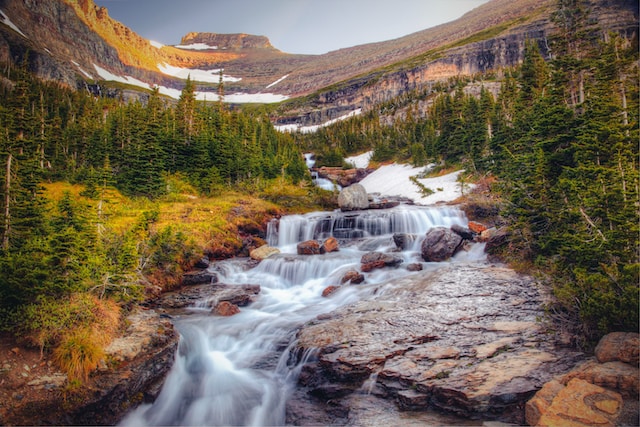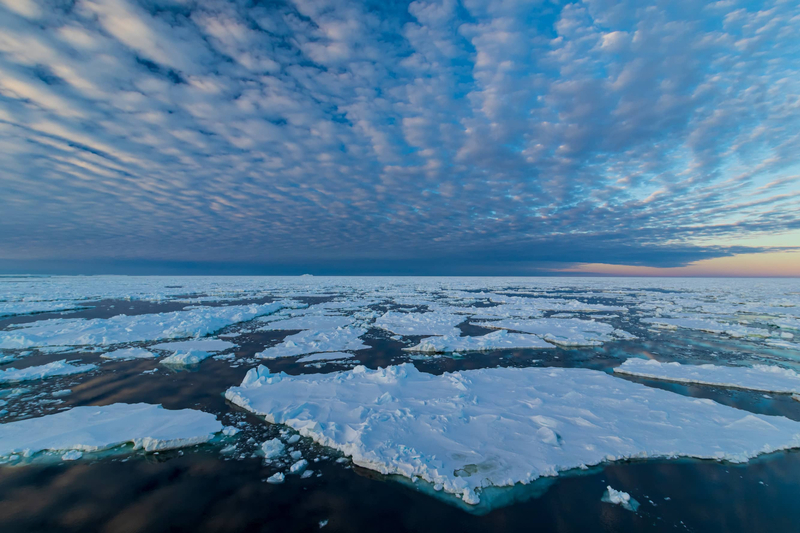Global News
- Details
- Category: Global News
The Intergovernmental Panel on Climate Change (IPCC) will deliver a set of reports assessing the latest climate change science during the seventh assessment cycle. More than 300 delegates from 120 governments decided on the IPCC’s scientific structure of work for the new cycle at the Panel’s 60th Plenary session, which concluded on 20 January 2024 in Istanbul, Türkiye.
- Details
- Category: Global News
Contribute your ideas and opinions to the Future of Scientific Publishing discussion papers.
- Details
- Category: Global News
The 2023 Dubai Climate Change Conference began on a high note. During the opening plenary, parties adopted a decision operationalizing the new loss and damage fund that was established the previous year in Sharm el-Sheikh, Egypt, and a number of parties announced pledges for its initial capitalization. This success was made possible by an agreement reached in the Transitional Committee that was tasked and met throughout 2023 to make a recommendation on the institutional arrangements for the fund.
- Details
- Category: Global News
The WMO provisional State of the Global Climate report confirms that 2023 is set to be the warmest year on record. The data underscores the urgency of addressing escalating global warming trends and emphasizes the imperative for decisive action. Shawn Marshall, a co-author and contributor to the report and a member of the MRI Science Leadership Council, has played a crucial role in shaping these findings.
- Details
- Category: Global News
- Details
- Category: Global News
Participate in a survey that is part of an exploratory study on mountain soundscapes. This survey aims to enhance our understanding of how people perceive sounds in mountain environments.
- Details
- Category: Global News
The International Cryosphere Climate Initiative (ICCI) today published its annual State of the Cryosphere Report which warns that even 2°C – the “upper” Paris Agreement temperature limit – will lead to catastrophic global damage from loss of ice sheets, mountain glaciers and snow, sea ice, permafrost, and in polar oceans. The MRI was pleased to contribute to Chapter 3: Mountain Glaciers and Snow.
- Details
- Category: Global News














